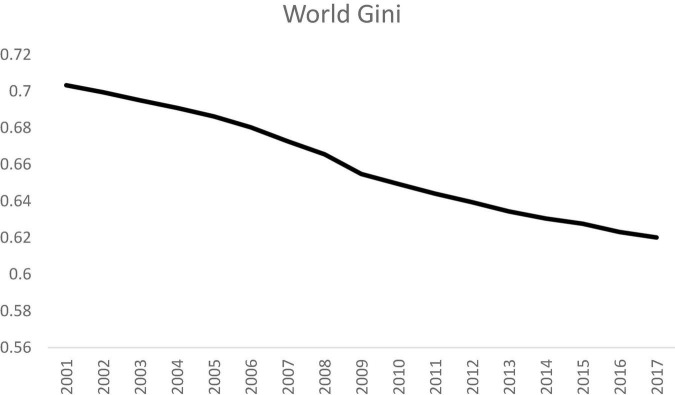Politesse
Lux Aeterna
- Joined
- Feb 27, 2018
- Messages
- 12,240
- Location
- Chochenyo Territory, US
- Gender
- nonbinary
- Basic Beliefs
- Jedi Wayseeker
No. I am a social scientist. I like the social sciences. I object to half-baked memes masquerading as thought.You appear to be objection to the term social science.
Marx is not a meme. The thread is about a meme that is supposedly a philosophical argument. You brought Mark into it for reasons that are still mysterious to me.


